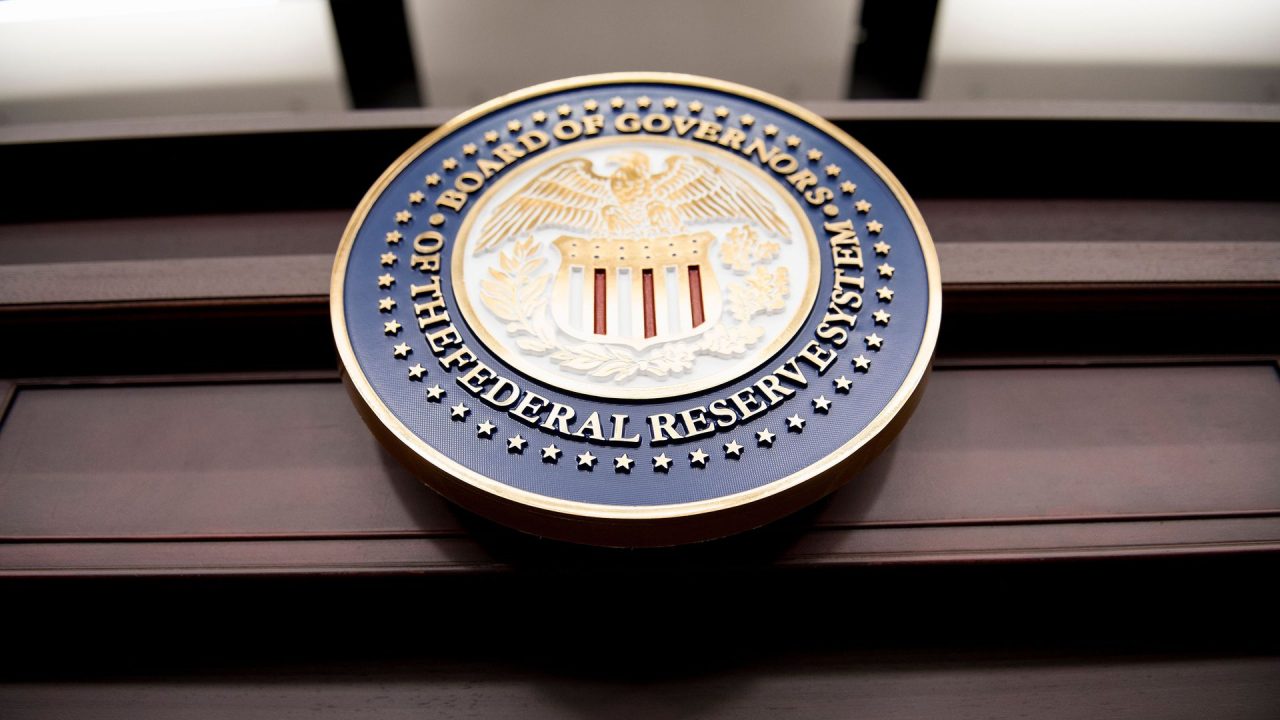Fri Jan 21, 2022
Friday / January 21
Taiwan air defence
The US is looking for ways to potentially speed up the delivery of next-generation F-16 fighter jets to Taiwan.
Officials, speaking on condition of anonymity, said they have not yet found a solution on how to speed up the delivery of Block 70 F-16s manufactured by Lockheed Martin and equipped with new capabilities. The planes are scheduled to be delivered by the end of 2026, according to the current schedule.
A senior Taiwanese official said the Taiwanese government had privately expressed to the administration of US President Joe Biden its desire for faster delivery. The self-governing island's air force is facing increasing odds day by day to thwart an aggressive Chinese military, having to scramble jets almost daily. More missions mean more wear and tear on Taiwan's planes.
"It's all about risk assessment… and it's clear where the risks lie," the Taiwanese official said, citing tensions in the sensitive Taiwan Strait that separates the island from mainland China.
Fed's CBDC report
The US Federal Reserve released its digital dollar study (White paper) in which it explored the pros and cons of the long-awaited and much-discussed issue, and asked the public for comment.
Dubbed as "the first step in a public discussion between the Federal Reserve and stakeholders about central bank digital currencies," the 40-page document avoids any conclusions regarding CBDC. The report was originally expected in the summer of 2021 but was delayed.
The report provides a comprehensive look at the benefits, such as accelerating the electronic payment system at a time when financial transactions worldwide are already highly digitized. Some of the issues the report discusses are financial stability risks and how to protect privacy while the system protects against fraud and other illegal problems.
“A CBDC could fundamentally change the structure of the U.S. financial system, altering the roles and responsibilities of the private sector and the central bank,” the report says.
“We look forward to engaging with the public, elected representatives, and a broad range of stakeholders as we examine the positives and negatives of a central bank digital currency [CBDC] in the United States,” Jay Powell, Fed chair, said in a statement.
"By changing the roles and responsibilities of the private sector and the central bank, the CBDC could fundamentally change the structure of the US financial system," the report said.
NATO-Russia tensions
European-Atlantic allies and Biden himself showed support Ukraine against Moscow, after US President Joe Biden appeared to downplay any possible attack from Russia on Ukraine, suggesting Western nations weren’t in tandem on how to respond to Russian President Vladimir Putin in the event of a “minor incursion” on Ukraine. His statement was later clarified by the White House.
Biden told reporters that any invasion would be met with a serious and coordinated economic response from the allies and that was made very clear to President Putin.
US Secretary of State Antony Blinken said on Thursday any "new act of aggression" from Moscow against its neighbor would be met with a "quick, and united response" from the US and its allies.
Blinken met in Berlin with his counterparts from the transatlantic Quad group, made up of the United States, Germany, France and the United Kingdom, as part of his diplomatic trip to Europe, aimed at finding a way to de-escalate tensions between the Kremlin and Washington.
Blinken will meet again with Russian Foreign Minister Sergey Lavrov in Geneva on Friday.
Beijing-US talks
China and the United States are holding talks with the aim of a summit between top Chinese diplomat Yang Jiechi and US national security adviser Jake Sullivan over the main national security concerns of both sides, the Hong Kong-based South China Morning Post reported.
According to the sources, the two sides are deeply divided on the protocol and agenda items.
If Beijing and Washington agree, Yang and Sullivan, who last met in Zurich in October, could meet again. The US side initially suggested that Yang and Sullivan meet again in Rome around January 10, but the Chinese side rejected this after Washington announced a diplomatic boycott of the Beijing Winter Olympics and US lawmakers called on the UN to publish its report on Xinjiang.
US stocks
Wall Street fell on Thursday amid aggressive rate hike experiences this year.
The Nasdaq Composite Index closed the session down 1.3% at 14,154.02 after losing 2.1% earlier in the day. The Nasdaq, home to many of the US economy's biggest tech names, saw a technical correction Wednesday and closed more than 10% below its November record.
Speaking to Bloomberg, economist Mohamed El-Erian said the Fed should consider ending quantitative easing at the next meeting to regain its credibility.
The Dow Jones Industrial Average fell 313.26 points to 34,715 after rising more than 400 points in the first session. The average of 30 stocks closed below its 200-day moving average for the first time since December 2021. The S&P500 fell 1.1% to 4,482.73 after gaining 1.53% earlier. The S&P 500 closed below 4,500 for the first time since October 2021.
The small-scale benchmark Russell 2000 lost nearly 1.9% on Thursday.
Biden-Kishida meeting
Japanese Prime Minister Fumio Kishida will meet with US President Joe Biden via video link on Friday, with their agenda high on security issues, trade, the fight against the coronavirus pandemic and climate change.
Speaking in Tokyo, chief cabinet secretary Hirokazu Matsuno said the two sides expected the Biden-Kishida meeting to highlight the importance of the Japanese-US alliance and the two countries' commitment to providing a "free and open" Indo-Pacific region, Nikkei reports.
